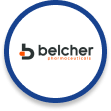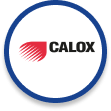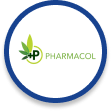CANNABIS SCHOOL
The cannabis plant is known to produce about 100 phytocannabinoids, initially synthesized in acid forms, such as THC-A and CBD-A.
The low affinity these acidic forms have for the CB1 and CB2 receptors of the endocannabinoid system makes them non-psychoactive. For cannabinoids to acquire psychoactive effects, they must undergo decarboxylation.
This process removes the carboxyl group by applying heat, consequently releasing CO2 and resulting in the neutral, psychoactive form.
Decarboxylation can occur naturally when the plant is exposed to the sun for a prolonged period, but it can also be accelerated in industrial settings. It is crucial to control temperature and time to achieve effective decarboxylation.
At Tarkus Pharma Lab we work with all types and we adapt to each project to offer personalized products of the highest quality
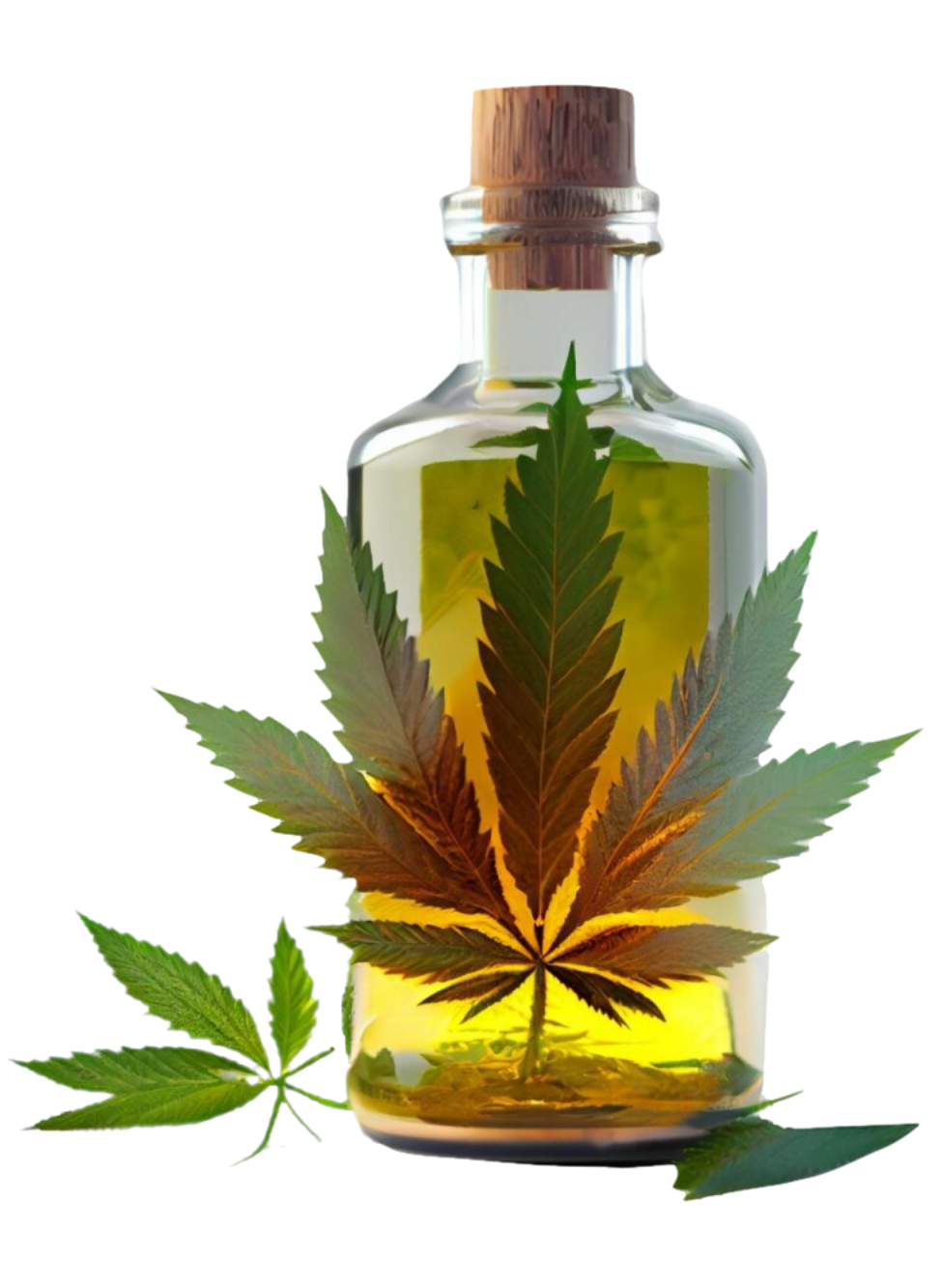
Tetrahydrocannabinol
(THC)
Among the most important cannabinoids, we find Tetrahydrocannabinol (THC): the predominant psychoactive component in psychoactive varieties.
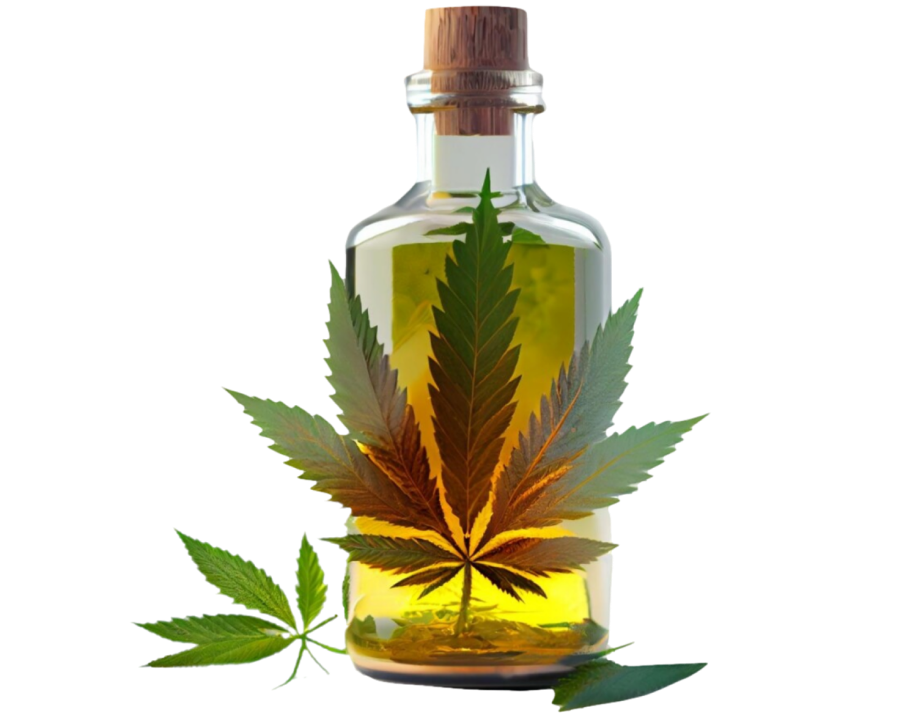
Cannabidiol
(CBD)
CBD is another fundamental component of the cannabis plant. Its presence varies between strains, being minimal in some and more abundant in others.
Tetrahidrocannabinol (THC)
The percentages of THC
The percentages of THC in psychoactive strains vary depending on their type and growing conditions, ranging from low to over 25% THC. According to international regulations, non-psychoactive varieties, known as hemp, must contain less than 0.3% THC.
several cannabinoids
There are several cannabinoids with psychoactive effects, including THC, cannabinol, and delta-8-THC, with THC being the most potent and abundant. Most people seek these cannabinoids for adult or recreational purposes. On the other hand, other cannabinoids, such as CBD and CBG, are not psychoactive, although they have an affinity for the central nervous system and exert their actions on it. In fact, CBD counteracts the psychotomimetic effects of THC.
therapeutic effects
Although THC has generated controversy around the legalization of cannabis due to some of its effects, such as altered memory and perception, it is essential to recognize its significant therapeutic effects. Actually, in certain clinical conditions, altered proprioception and memory can greatly benefit the treatment of pain and post-traumatic stress syndrome, respectively.
THC has therapeutic properties demonstrated in varying degrees of evidence, including analgesia, anti-inflammation, neuroprotection, antioxidation, muscle relaxation, anti-emesis, antitumor action, and appetite stimulation, among others. It is used to treat different diseases, such as Parkinson’s and Multiple Sclerosis, which cause muscle stiffness, chronic pain of various causes, and to accompany chemotherapy and other antitumor treatments associated with different cancer treatments.
Cannabidiol (CBD)
DIFFERENCES BETWEEN THC AND CBD
Unlike THC, CBD does not produce psychotropic effects, although it does act on the central nervous system. In fact, CBD counteracts the psychotomimetic effects of THC and is characterized by its wide therapeutic margin and mild side effects in a wide range of doses.
therapeutic benefits
Studies have demonstrated that CBD offers numerous therapeutic benefits, such as anti-inflammatory, analgesic, neuroprotective, anticonvulsant, antioxidant, antiemetic, antitumor, anxiolytic, antipsychotic, and immunomodulatory. As a result, it has been used to treat various diseases, including epilepsy, neurodegenerative diseases (such as Alzheimer’s, Parkinson’s, and Multiple Sclerosis), chemical dependencies, anxiety, psychosis, autism spectrum disorder, chronic inflammatory diseases, and to accompany chemotherapy and antitumor treatment.
cbd benefits
CBD is not only used for therapeutic purposes, but is also recommended as a food supplement in certain countries.
CBD’s excellent tolerance and broad spectrum of benefits make it a promising option for wellness and health.
Discover the potential of cannabinoids in health care and wellness!
ABOUT US
What do our partners say?
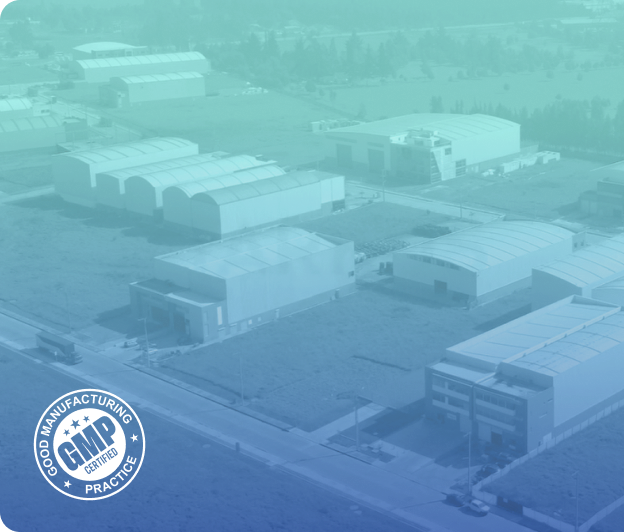
And is located in a free trade zone.




